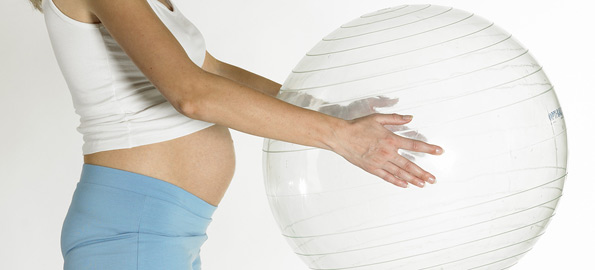First of all congratulations on your pregnancy!
One of the major changes is change with the hair like other parts of the bd. It could thin or fall out, or it could also thicken. Understanding why this happens during pregnancy and what you can do to help the problem will help you in fighting the thinning and loss of your hair or with extra hair growth.
Hormones have lot of effects on your hair. The main reason your hair will change during pregnancy is the change in hormones. Estrogen plays a large part in the way that your hair is shaped. If your hair begins to grow faster and becomes thicker, it is most likely because there is an increased amount of estrogen that is moving through your body. Estrogen moves to the hair follicles in your body to increase the growth rate. There will also be extra nutrients that are provided from the estrogen increase, which will also increase hair growth. This is usually a result of the estrogen allowing the metabolism to move faster, which then supplies extra nutrients throughout the body.
Another change that you may notice from pregnancy is a change in the style. Your hair may not only be fuller or thinner, but may also change from straight to curly, or have the opposite effect. This is usually attributed to the hormone changes as well. The hormone increase that you experience will automatically move into the cortex, where hair begins to grow and add the texture to it. Usually, this will not change back until the hormones return to normal after pregnancy.
These same changes also occur after your baby is born. You may realize that your hair is thinning or falling out. Usually, the first three to six months after pregnancy will cause a change in your hair. This should be expected and is normal after a pregnancy. This usually occurs because the estrogen levels are able to move back to normal and slow down the nutrients that are moving through your body.
If your hair falls out during pregnancy, it’s because of not receiving the nutrients your body needs. Without those essential nutrients, your body is unable to produce the amount of estrogen it needs. One of the things to be aware of is if your hair falls out during your pregnancy. If this occurs, it is most likely a result of not receiving enough nutrients for your body to produce the right amounts of estrogen. This is especially a problem within the first trimester because of morning sickness and nausea. It is important to make sure that you are getting the right amounts of nutrients during this time to allow your body to stay balanced.
Knowing what changes your body goes through during pregnancy will help you adjust your hair routine to keep it healthy. Additional vitamins and other supplements will help your hair and scalp healthy and your hair beautiful.






